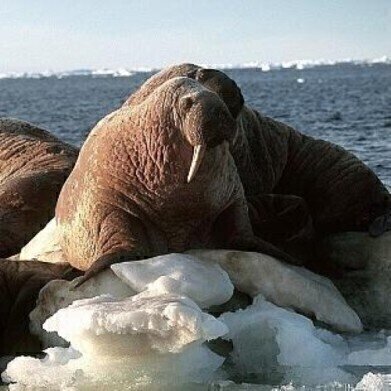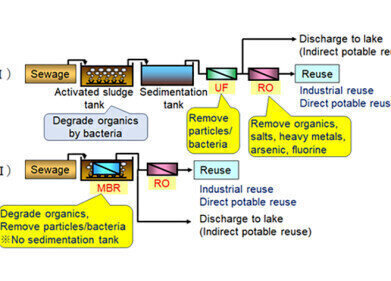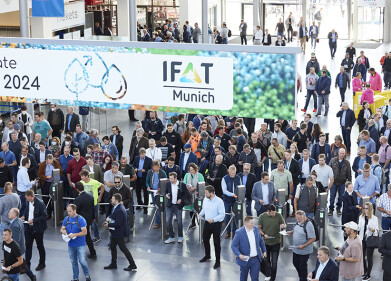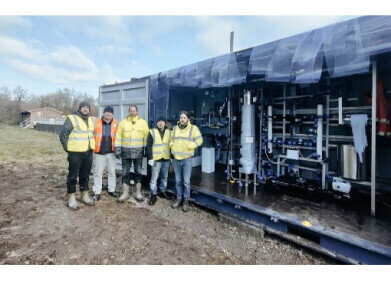-
 The higher acidity of the water could affect wildlife
The higher acidity of the water could affect wildlife
Water/Wastewater
Air pollution increasing acidity of Arctic Ocean
May 08 2013
On top of record ice melts the Arctic Ocean is reportedly experiencing a greater rate of carbon dioxide absorption than previously thought. The increase in the amount of carbon dioxide being absorbed is making the waters more acidic, risking the lives of fish and wildlife in the area.
The cold water of the Arctic absorbs carbon dioxide more than the warmer water of other oceans. A report published by the Arctic Monitoring and Assessment Programme said that the world's surface waters are now on average 30 per cent more acidic than they were at the beginning of the industrial revolution.
The increased acidity of the water can cause massive problems for marine life. Excess carbon dioxide in the water means that crabs and shellfish can develop problems with growing their shells and fish reproduction could also be affected. Not only does water acidity affect the wildlife, but as a result it can negatively influence the livelihoods of indigenous people.
International fishing industries - already under pressure as the global supply of fish for consumption starts diminishing - could be hugely affected as the chemical formulation of seawater affects herring and cod numbers.
Richard Bellerby, lead author of the report, said to the Independent: "Sea urchins, in particular, are very sensitive to acidification and are a major food source for marine mammals like walruses, as are some of the plankton, which are important food for fish. This could have significant implications for large economically important regions like the Canadian archipelago, the waters north of Alaska and the Barents Sea."
The Arctic is also being made more vulnerable by the higher levels of freshwater flowing into it. This water comes from melting land-ice and rivers and is not as beneficial in terms of neutralising the effects of carbon dioxide in the water. This is combined with the higher levels of Arctic sea ice melting, creating a larger surface area that can absorb the carbon dioxide from the air.
Although the higher absorption rate of carbon dioxide reduces the impact of global warming, it is - overall - incredibly damaging to marine life.
Events
May 05 2024 Seville, Spain
May 13 2024 Munich, Germany
May 23 2024 Beijing, China
May 23 2024 Beijing, China
Jun 10 2024 Algiers, Algeria












